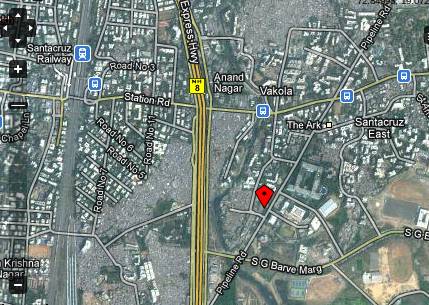 ISACA’s new white paper, “Geolocation: Risk, Issues and Strategies,” points out, malicious use of geolocation data can put both an individual and an enterprise at risk.
ISACA’s new white paper, “Geolocation: Risk, Issues and Strategies,” points out, malicious use of geolocation data can put both an individual and an enterprise at risk.
When a person’s personal information, such as gender, race, occupation and financial history, is combined with information from a GPS and geolocation tags, the data can be used by criminals to identify an individual’s present or future location.
Geolocation uses data acquired from a computer or mobile device to identify a physical location. Applications using this technology offer consumers greater convenience, discounted prices and easy information sharing, and enable enterprises to deliver more personalized customer service and offers.
But as geolocation services become more common, the need for data management and enterprise controls increases significantly.
ISACA advises people to follow a five-step “ROUTE” for informed use of geolocation services:
Read mobile app agreements to see what information you are sharing.
Only enable geolocation when the benefits outweigh the risk.
Understand that others can track your current and past locations.
Think before posting tagged photos to social media sites.
Embrace the technology, and educate yourself and others.















